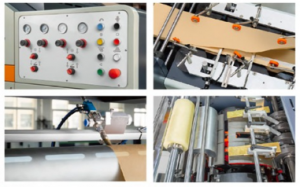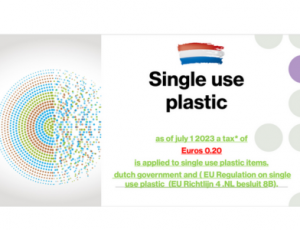
Boost Your Business with MASTER BAG Machines: The Ultimate Solution for Paper Bag Manufacturing
Welcome to Gutenberg Machines, where we revolutionize your production process with our state-of-the-art technology.

Welcome to Gutenberg Machines, where we revolutionize your production process with our state-of-the-art technology.

At drupa Expo, we made a heartfelt decision to distribute lavender seeds to our visitors as a memorable token, with the aim of inspiring everyone

As the spotlight shines on the esteemed drupa Fair, a hub of innovation in the printing and packaging industry, a trailblazer emerges: MASTER BAG.

Keeping Your Machine Running at Peak Performance Maintaining your paper bag machinery is crucial to ensuring that it runs at peak performance and extends its

In an effort to combat the environmental challenges posed by single-use plastics, the Dutch government has taken a significant step by implementing a tax of

Collaborative approaches with MAJESTY BUSINESS UTVIKLING Norway. Gutenberg understands the importance of collaboration with consulting companies in order to achieve our business development goals. By